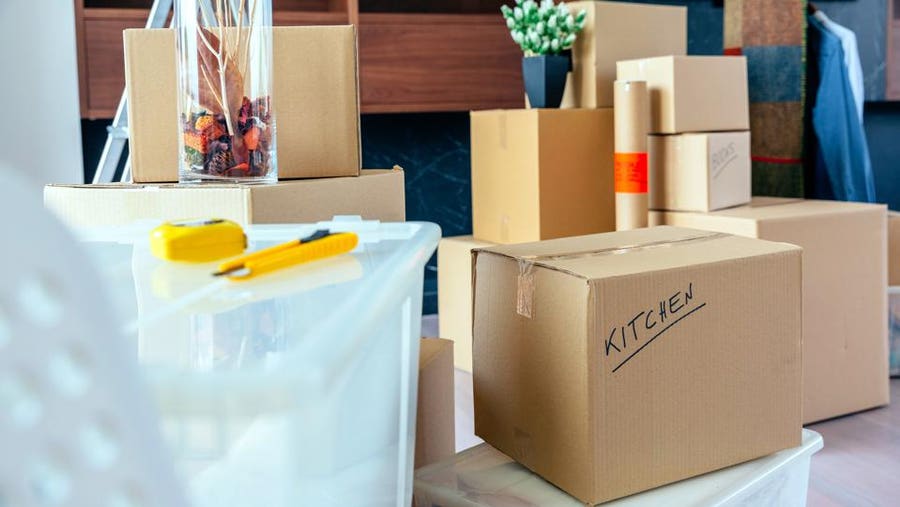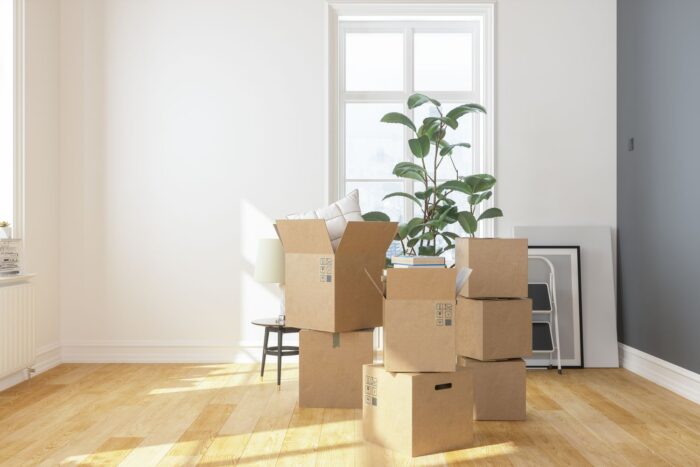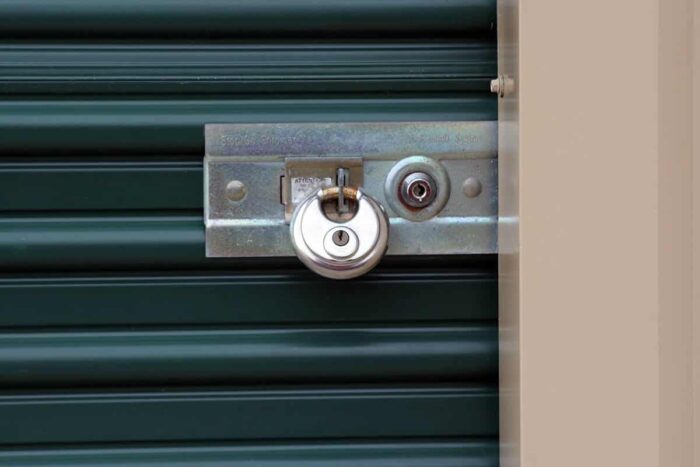
Proper storage plays a crucial role in safeguarding our valued possessions. Whether you’re downsizing, relocating, or simply decluttering effective storage techniques are essential to protect your belongings from damage, deterioration, and loss. In this blog post, we will delve into the world of storage and explore valuable insights that will help you make informed decisions when it comes to storing your items. From assessing your storage needs to implementing security measures and deterring pests, we will cover a wide range of topics to ensure that your belongings remain safe, secure, and well-maintained.
Assessing Storage Needs: Determining What Items Require Safekeeping

Before diving into the storage process, it is crucial to assess your needs. Take an inventory of your belongings and identify the items that require safekeeping. Categorize them based on their fragility, sentimental value, or frequency of use. Items such as delicate china, family heirlooms, important documents, or seasonal clothing are often ideal candidates for storage.
Choosing Suitable Storage Options: Consideration of Space, Climate, and Accessibility
Once you have determined which items to store, selecting suitable storage options becomes paramount. Evaluate the available storage solutions based on factors like space, climate control, and accessibility. Depending on your requirements, options such as self-storage units, climate-controlled facilities, or even a warehouse within your own home can be considered. Ensure that the space provides adequate protection against temperature fluctuations, moisture, and potential hazards. Additionally, factor in the accessibility aspect, as you’ll want to choose a warehouse solution that allows you to retrieve your belongings conveniently when needed.
Organization and Labeling: Effective Methods for Categorizing and Finding Stored Items

Maintaining an organized warehouse space is key to easily locating your belongings. Implement effective methods for categorizing and labeling your stored items. Group similar items together and label boxes or containers accordingly. Consider using clear plastic bins or transparent bags, allowing you to quickly identify the contents without having to rummage through everything.
Cleaning and Preparing Items for Storage: Preventing Damage and Maintaining Their Condition
Before placing your belongings into storage, it is essential to clean and prepare them properly. Thoroughly clean and dry items to prevent the accumulation of dirt, dust, or moisture, which can lead to damage or deterioration over time. For textiles and fabrics, consider washing or dry-cleaning them before depository. Disassemble large furniture pieces, wrap fragile items in protective materials, and ensure that everything is adequately sealed to keep pests and dust at bay.
Packaging Materials and Techniques: Utilizing Appropriate Containers, Padding, and Wrapping
Choosing the right packaging materials and techniques is crucial for preserving the integrity of your stored items. Utilize sturdy boxes made of durable materials that can withstand stacking and protect against potential impacts. Fragile items should be individually wrapped with bubble wrap or packing paper, providing a cushion against jolts or vibrations. For furniture and larger items, consider using furniture covers or moving blankets to prevent scratches or dents. Additionally, ensure that boxes are properly sealed and labeled to avoid accidental damage and facilitate easy retrieval.
Climate Control and Temperature Regulation: Ensuring Optimal Conditions to Prevent Deterioration
Maintaining optimal climate conditions within your space is vital to prevent the deterioration of your belongings. Extreme temperatures, high humidity, or excessive moisture can wreak havoc on sensitive items such as electronics, artwork, or wooden furniture. When selecting a warehouse facility, opt for one that offers climate control features to regulate temperature and humidity levels. If storing items at home, choose a cool, dry area away from direct sunlight and potential sources of moisture.
Security Measures: Locks, Alarms, and Surveillance for Safeguarding Stored Belongings

Ensuring the security of your stored belongings, whether you’re utilizing professional moving and storage companies in NYC or managing storage at home, is of utmost importance. Implementing robust security measures can provide peace of mind and safeguard against theft or unauthorized access. Use sturdy locks on storage units or doors and consider installing an alarm system that detects any potential breaches. If storing items at home, reinforce doors and windows, and consider using window security film.
Pest Prevention: Tips for Deterring Pests and Protecting Against Infestations
Pests can pose a significant threat to your stored belongings, causing damage that is often irreversible. Implementing effective pest prevention strategies is essential to protect against infestations. Seal any cracks or openings in your area to prevent pests from entering. Use insect repellents or deterrents such as mothballs or cedar blocks, especially for clothing or textiles. Avoid storing food items or anything with a strong odor that may attract pests.
Regular Maintenance and Inspections: Periodic Checks to Identify and Address Potential Issues
Regular maintenance and inspections of your stored items and storage space are essential to identify and address potential issues promptly. Periodically visit your storage area to assess the condition of your belongings and check for any signs of damage, moisture, or pests. Make sure to rotate and inspect stored items periodically to prevent long-term damage from unnoticed issues. Address any concerns immediately, such as leaks, mold growth, or damaged packaging, to mitigate further damage and ensure the longevity of your stored belongings.
Insurance Considerations: Understanding Coverage Options and Assessing the Need for Additional Protection

While taking all the necessary precautions, it’s essential to consider insurance coverage for your stored belongings. Review your existing homeowner’s or renter’s insurance policy to determine if it provides coverage for stored items. Some policies may offer limited coverage, while others might not cover storage outside of your primary residence. Consider purchasing a separate storage insurance policy if needed, to provide comprehensive protection for your valuables. Evaluate the coverage options available, assess the value of your stored items, and make an informed decision to ensure adequate insurance coverage.
Conclusion
In conclusion, proper storage is vital for protecting your valued belongings from damage, deterioration, and loss. By assessing your storage needs, choosing suitable storage options, implementing effective organization and labeling techniques, and taking precautions against pests and security threats, you can ensure the safety and longevity of your stored items. Regular maintenance, proper packaging materials, and climate control features further contribute to preserving their condition. Lastly, considering insurance coverage provides an extra layer of protection for your stored belongings. By following these essential tips, you can rest assured that your cherished possessions will remain safe and secure throughout their time in storage.








